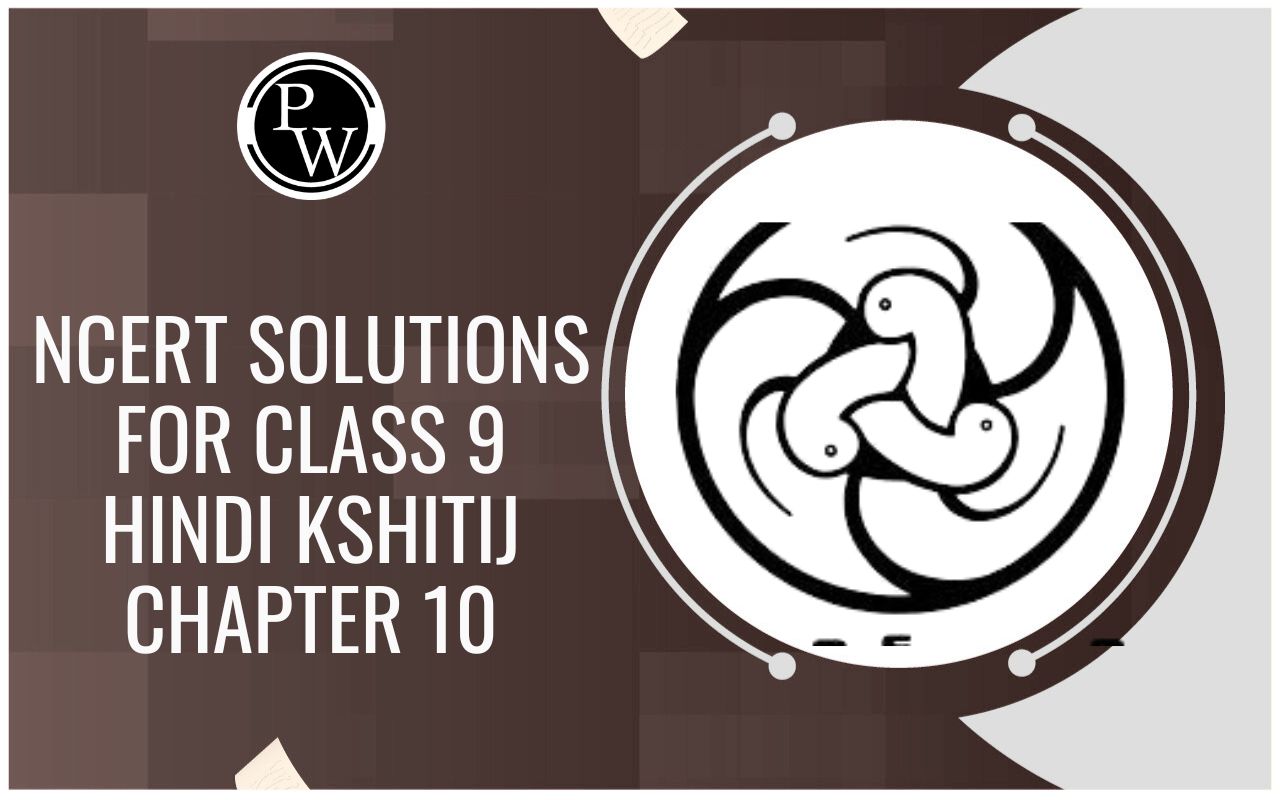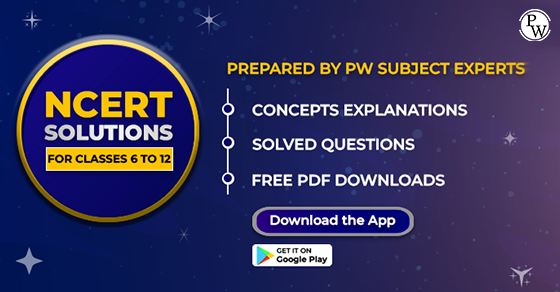
How do we periodise
How, When and Where of Class 8
How do we Periodise?
In 1817, James Mill, a Scottish economist and political philosopher, published, a massive three volume work, A History of British India. In this he divided Indian history into three periods- Hindu, Muslim and British. Mill thought that all Asian societies were at a lower level of civilisation than Europe.
According to his telling of history, before the British came to india, Hindu and Muslim despots ruled the country. Religious intolerance, caste taboos and superstitious practices dominated social life. British rule, Mill felt, could civilise India.
To do this it was necessary to introduce European manners, arts, institutions and laws in India. Mill, in fact, suggested that the British should conquer all the territories in India to ensure the enlightenment and happiness of the Indian people. India was not capable of progress without British help. We cannot refer to any period of history as "Hindu" or "Muslim". This division has problems-
- Variety of faiths exist simultaneously in these periods
- This division suggested that the lives and practices of the others do not really matter.
- Even rulers in ancient India did not share the same faith.
Moving away from British classification, historians have usually divided Indian history into “ancient”, “medieval” and “modern”. This division too has its problems:
- It is a periodization that is borrowed from the West where the modern period was associated with the growth of all the forces of modernity - science, reason, democracy, liberty and equality.
- Medieval was a term used to describe a society where these features of modern society did not exist. But in India, people did not have equality, freedom and liberty under British rule. Nor was the period one of economic growth and progress. Many historians therefore refer to this period as ‘colonial'.
What is Colonial?
British conquered the country and established their rule, subjugating local nawabs and rajas. They established control over the economy and society, collected revenue to meet all their expenses, bought the goods they wanted at low prices, produced crops they needed for export.
British rule brought changes in values and tastes, customs and practices. When the subjugation of one country by another leads to these kinds of political, economic, social and cultural changes, we refer to the process as colonisation.




